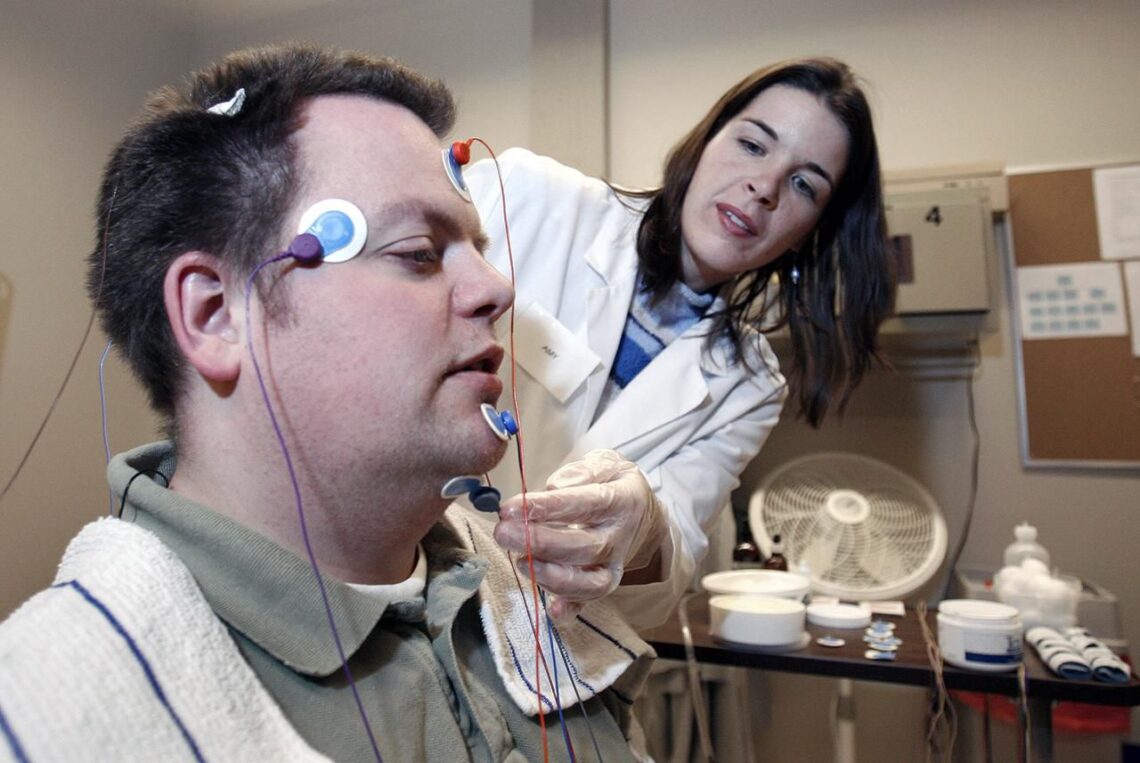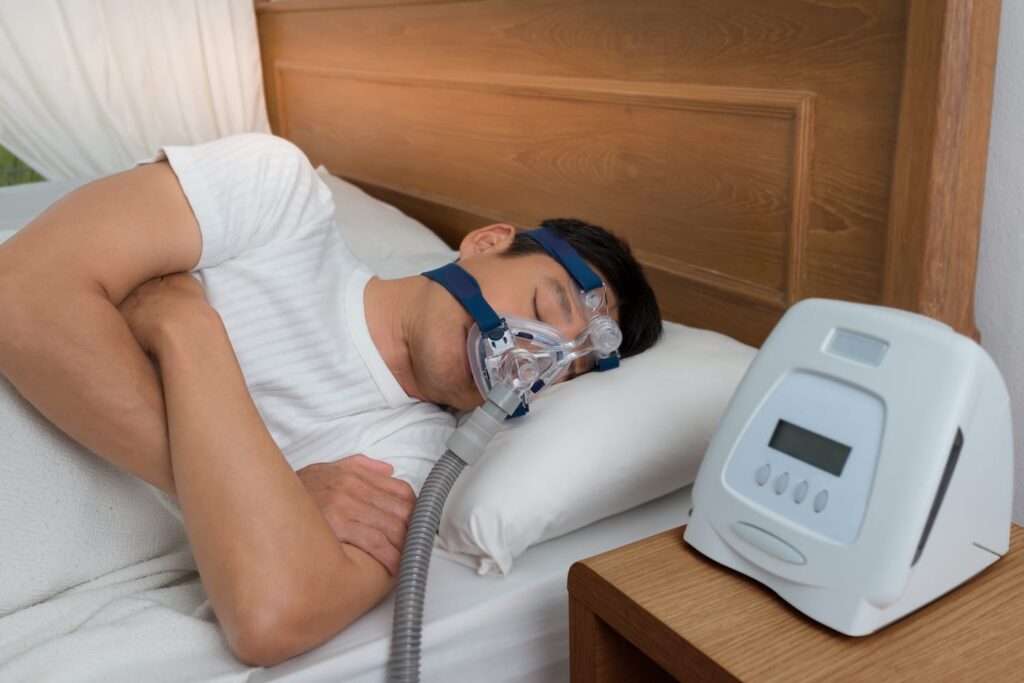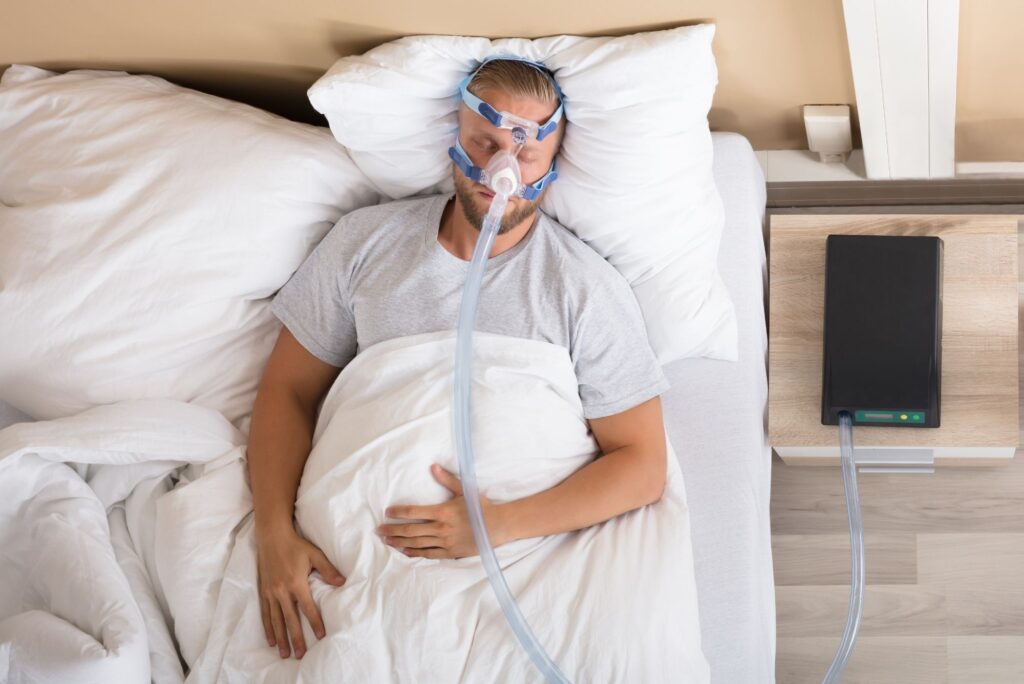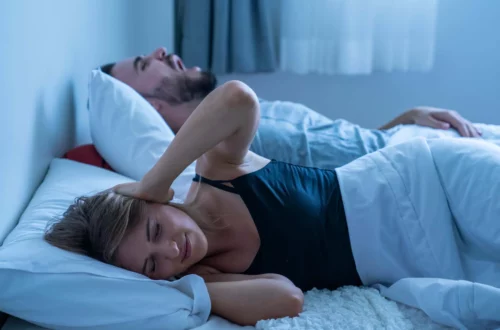
Finding a Reliable Sleep Apnea Test Near Me
Sleep apnea is a serious sleep disorder that affects millions of people worldwide. It is characterised by repeated interruptions in breathing during sleep, which can lead to a host of health issues, including cardiovascular problems, daytime fatigue, and impaired cognitive function. For those who suspect they may have sleep apnea, obtaining a reliable diagnosis is crucial. This article will guide you through the process of finding a dependable sleep apnea test in your area.
Understanding Sleep Apnea
Before delving into how to find a sleep apnea test, it is essential to understand what sleep apnea is and its various forms. The two most common types are obstructive sleep apnea (OSA) and central sleep apnea (CSA). OSA occurs when the throat muscles intermittently relax and block the airway during sleep, while CSA is a result of the brain failing to send proper signals to the muscles that control breathing. In some cases, individuals may experience a combination of both types, known as complex sleep apnea syndrome, which can complicate diagnosis and treatment.
Finding a reliable sleep apnea test near me is a crucial step in addressing this serious health condition. By consulting with a healthcare professional, researching local sleep clinics, and understanding the testing process, individuals can take proactive measures towards diagnosis and treatment.
Symptoms of sleep apnea can include loud snoring, gasping for air during sleep, excessive daytime sleepiness, and difficulty concentrating. Recognising these symptoms is the first step towards seeking a diagnosis and treatment, which often begins with a sleep study. It is important to note that untreated sleep apnea can lead to serious health complications, including cardiovascular issues, high blood pressure, and an increased risk of stroke, making awareness and early intervention crucial.

Types of Sleep Studies
There are primarily two types of sleep studies used to diagnose sleep apnea: in-lab polysomnography and home sleep apnea testing (HSAT). In-lab polysomnography is conducted in a sleep clinic and involves monitoring various bodily functions during sleep, including brain activity, heart rate, and oxygen levels. This comprehensive approach provides a detailed analysis of sleep patterns and disturbances. During the study, patients are typically connected to multiple sensors that track their sleep stages, allowing specialists to identify specific issues that may be contributing to sleep disruption.
On the other hand, home sleep apnea testing is a more convenient option that allows patients to undergo testing in the comfort of their own homes. This method typically involves a simplified device that monitors breathing patterns, oxygen levels, and heart rate. While HSAT can be effective for diagnosing moderate to severe cases of OSA, it may not be suitable for everyone, particularly those with other medical conditions. Additionally, the accuracy of HSAT can vary based on the patient’s ability to properly use the equipment, highlighting the importance of thorough instructions and follow-up consultations with healthcare providers. Furthermore, as technology advances, new devices are being developed that promise greater accuracy and ease of use, making the process of diagnosing sleep apnea more accessible than ever before.
How to Find a Reliable Sleep Apnea Test
Finding a reliable sleep apnea test requires careful consideration and research. Here are several steps to help streamline the process:
Consult Your Doctor
The first step in seeking a sleep apnea test is to consult a healthcare professional. A general practitioner can evaluate your symptoms and may refer you to a sleep specialist. This initial consultation is crucial for determining the appropriate type of sleep study needed based on your specific situation.
During the appointment, be prepared to discuss your sleep patterns, any symptoms you experience, and your overall health history. This information will help your doctor make an informed decision regarding the best course of action. Find more about symptoms at https://pubmed.ncbi.nlm.nih.gov/28619270/
Research Local Sleep Clinics
Once you have a referral, it is time to research local sleep clinics or facilities that offer sleep studies. Look for clinics that are accredited by recognised organisations, such as the American Academy of Sleep Medicine (AASM) or the British Sleep Society (BSS). Accreditation ensures that the facility meets specific standards of care and professionalism.
Online reviews and testimonials can also provide valuable insights into the quality of care provided by a sleep clinic. Pay attention to feedback regarding the staff’s expertise, the comfort of the facility, and the overall patient experience.

Consider Home Testing Options
If convenience is a priority, consider home sleep apnea testing options. Many healthcare providers offer HSAT kits that can be sent directly to your home. These kits typically include easy-to-follow instructions for setup and usage, making the process straightforward.
However, it is essential to ensure that the home testing device is validated for accuracy and reliability. Discuss with your healthcare provider whether HSAT is appropriate for your situation, particularly if you have any underlying health conditions that may complicate the diagnosis.
What to Expect During the Test
Understanding what to expect during a sleep apnea test can help alleviate any anxiety associated with the process. Whether undergoing an in-lab study or a home test, being informed can lead to a smoother experience.
In-Lab Sleep Study
During an in-lab sleep study, patients are typically asked to arrive at the clinic in the evening. After a brief orientation, electrodes and sensors will be placed on the body to monitor various physiological parameters throughout the night. These may include brain waves, heart rate, oxygen levels, and muscle activity.
Patients will be encouraged to sleep as normally as possible, and a sleep technician will monitor their progress throughout the night. The study usually lasts for a full night, and patients can expect to wake up in the morning after a thorough evaluation of their sleep patterns. To find more about oxygen click here.
Home Sleep Apnea Test
For a home sleep apnea test, patients will receive a portable monitoring device that they will use overnight. The device typically includes sensors that are placed on the body to track breathing patterns and oxygen levels. Instructions will be provided on how to set up the device properly.
After using the device for one or more nights, patients will return it to the healthcare provider for analysis. Results are usually available within a few days, and follow-up appointments will be scheduled to discuss the findings and potential treatment options.
Interpreting Test Results
Once the sleep study is complete, interpreting the results is the next crucial step. The data collected during the test will be analysed by a sleep specialist, who will look for specific patterns that indicate the presence of sleep apnea.
Understanding the Diagnosis
If diagnosed with sleep apnea, the severity of the condition will be classified as mild, moderate, or severe based on the number of apnoeas (breathing interruptions) experienced per hour of sleep. This classification is essential for determining the most appropriate treatment options.
In some cases, patients may also be evaluated for other sleep disorders, such as restless legs syndrome or insomnia, which can complicate the diagnosis and treatment of sleep apnea.
Discussing Treatment Options
After receiving a diagnosis, it is vital to discuss treatment options with a healthcare provider. Common treatments for sleep apnea include lifestyle changes, continuous positive airway pressure (CPAP) therapy, oral appliances, and, in some cases, surgery. The choice of treatment will depend on the severity of the condition and individual patient needs.
In addition to medical interventions, lifestyle modifications such as weight loss, quitting smoking, and avoiding alcohol can significantly improve symptoms and overall health.
Conclusion
Sleep apnea is not just a nuisance; it can have far-reaching implications for health and well-being. Early detection and appropriate management can lead to improved quality of life, better sleep, and enhanced overall health. If you suspect you may have sleep apnea, take the first step today by seeking a professional evaluation.
Learn more at: Bulk-Billed Sleep Apnea Testing for Affordable Diagnosis



